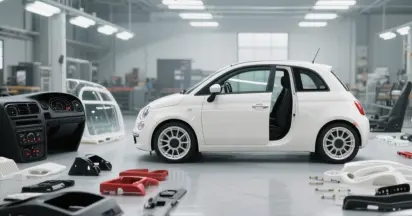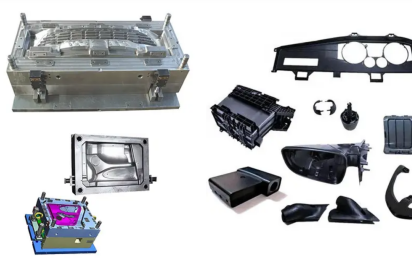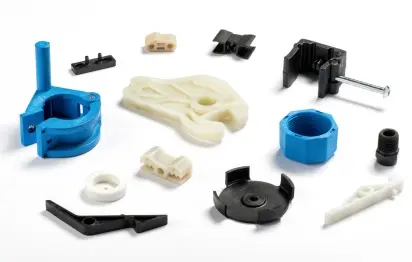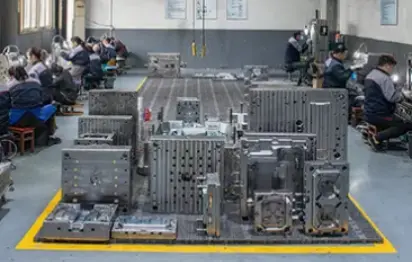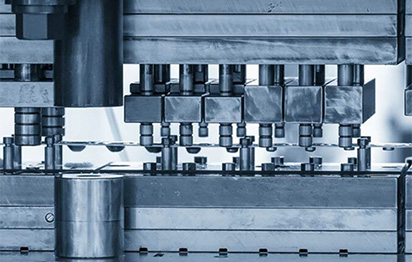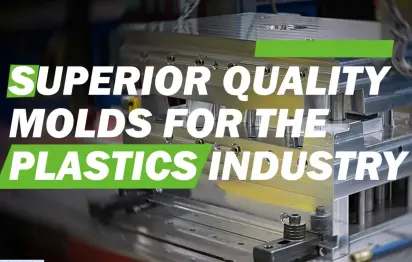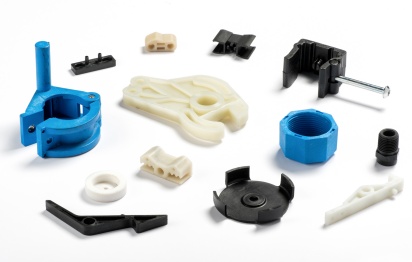Overcoming the Challenges of Precision Injection Molding
Precision Injection Molding is a critical manufacturing process that plays a pivotal role in producing high-quality plastic products with intricate designs and tight tolerances. However, this advanced manufacturing technique comes with its own set of challenges that require careful consideration and expertise to overcome. From material selection and mold design to heat control and high-precision manufacturing, the difficulties of precision injection molding demand innovative solutions and meticulous attention to detail.
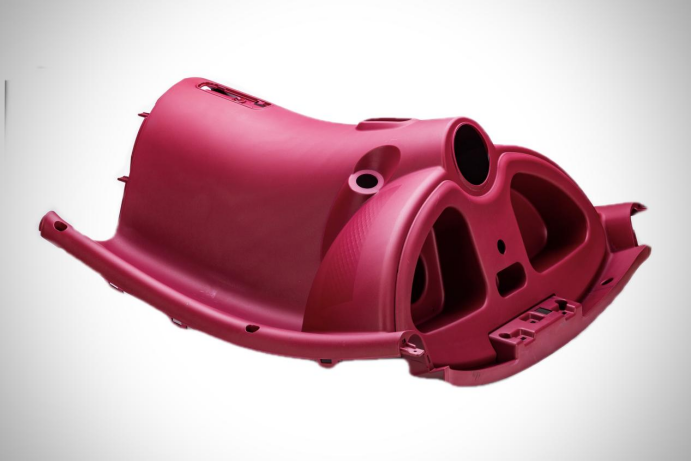
Material selection is a fundamental aspect of precision injection molding, as it directly impacts the performance and characteristics of the final product. With a wide range of plastic materials available, each with unique properties such as melt fluidity, plasticity, and thermal stability, choosing the most suitable material for a particular application can be a daunting task. Factors such as process characteristics and cost must be carefully weighed to ensure optimal material selection, presenting a significant challenge for manufacturers.
Furthermore, mold design plays a crucial role in the success of precision injection molding. The quality of mold design directly affects the product's quality and cost, making it a critical factor in the manufacturing process. Mold design considerations include material fluidity, shrinkage, cooling uniformity, and structural requirements of the product. Achieving an optimal mold design requires time, experience, and expertise, as well as meticulous attention to detail to ensure the highest quality and production capacity.
Thermal control is another key challenge in precision injection molding, as it directly impacts the quality and appearance of the final product. Precise temperature control, including the melting temperature of the plastic and the cooling temperature of the mold, is essential to ensure stable product quality. Deviations from the optimal temperature range can result in defects and inconsistencies in the molded products, highlighting the critical importance of accurate thermal control in the injection molding process.
In addition to thermal control, product size control is a key issue in precision injection molding, particularly for products with high precision requirements. Achieving consistent and accurate product dimensions during the cooling process is essential for meeting stringent quality standards and customer specifications. This requires meticulous attention to detail and advanced manufacturing techniques to ensure precise product size control.
The manufacturing of Injection Molds demands extremely high precision, including dimensional accuracy, shape accuracy, and surface finish. The accuracy of the mold directly influences the appearance and quality of the final product, making high-precision manufacturing a critical challenge in precision injection molding. Complex shape processing, such as deep cavities, small inserts, and complex undercuts, further adds to the complexity of mold manufacturing, requiring specialized processing methods and skills to achieve the desired results.
Moreover, the selection and heat treatment of mold materials are crucial considerations in injection mold manufacturing. Selecting the right material and optimizing its hardness, strength, and toughness through heat treatment are essential for enhancing the performance and service life of the mold. These challenges underscore the importance of material selection and heat treatment in achieving high-quality precision injection molding.
Mold assembly and debugging represent another significant challenge in precision injection molding, requiring high technology and experience to ensure the seamless integration of mold parts and the successful debugging of the mold. Additionally, processing special materials, such as high-performance plastics with high melting points and adhesion, presents difficulties for traditional precision injection molding equipment, requiring the development of more advanced injection molding processes to meet the unique needs of customers.
Furthermore, the low production capacity associated with precision injection molding due to its high precision and complex structure poses a challenge for meeting the demands of mass-produced products. Overcoming these difficulties requires technological innovation, process optimization, and strict quality control to achieve high efficiency, precision, and long mold life in precision injection molding.
In conclusion, precision injection molding presents a myriad of challenges that require careful consideration, expertise, and innovative solutions to overcome. From material selection and mold design to thermal control, high-precision manufacturing, and processing special materials, the difficulties of precision injection molding demand a comprehensive approach to achieve high-quality, high-precision products. By addressing these challenges through technological innovation and meticulous attention to detail, manufacturers can unlock the full potential of precision injection molding and deliver exceptional products to meet the evolving needs of the industry.






